Arbutin Acid: The Go-To Raw Material for Organic Acids-Based Cosmetics Manufacturing
Arbutin Acid is a revolutionary ingredient in the world of cosmetics manufacturing. Known for its skin-lightening, anti-pigmentation, and antioxidant properties, this organic compound is a preferred choice for manufacturers aiming to create high-performance skincare products. In this comprehensive guide, we’ll delve into the features, applications, and benefits of Acid and explore how it can be a game-changer for your cosmetics business.
What Is Arbutin Acid?
Arbutin is a naturally derived compound primarily obtained from bearberry plants, cranberries, and certain types of pears. It is a glycoside form of hydroquinone, offering similar skin-brightening effects but with greater safety and reduced risk of irritation. This makes it a natural, effective, and gentle alternative to synthetic brightening agents commonly used in cosmetics.
Key Features and Benefits of Arbutin Acid:
- Skin Lightening and Brightening
Acid inhibits the enzyme tyrosinase, which plays a crucial role in melanin production. By reducing melanin synthesis, it helps lighten dark spots, sun spots, and hyperpigmentation, giving the skin an even tone. - Gentle and Safe for All Skin Types
Unlike other harsh brightening agents, Arbutin Acid is gentle, making it suitable for sensitive skin and reducing the risk of adverse reactions. - Antioxidant Properties
Packed with antioxidants, Arbutin Acid protects the skin from oxidative stress caused by environmental aggressors like pollution and UV rays. - Versatile Applications
This ingredient can be used across a wide range of skincare products, including serums, moisturizers, lotions, and sunscreens, enhancing their efficacy and appeal. - Natural Origins
Its natural extraction process aligns with the growing demand for organic and clean beauty products, making it a sustainable choice for manufacturers.
Applications of Arbutin Acid in Cosmetics:
Arbutin Acid is a versatile ingredient that finds applications in various cosmetic formulations:
- Whitening Serums: Reduces dark spots and promotes an even skin tone.
- Moisturizers and Creams: Enhances hydration while delivering brightening effects.
- Anti-Aging Products: Combines with other organic acids to minimize fine lines and wrinkles while targeting pigmentation.
- Sunscreens: Offers protection against UV-induced pigmentation.
By incorporating Arbutin Acid into your formulations, you can create products that meet the diverse needs of your customers.
Why Arbutin Acid Is a Must-Have for Organic Acids-Based Products:
For manufacturers focusing on Organic Acids-based skincare, Arbutin Acid offers several compelling advantages:
- Safe Alternative to Hydroquinone
Hydroquinone, though effective, is often associated with safety concerns. Arbutin Acid provides similar benefits without the risks, making it an ideal substitute. - Broad Consumer Appeal
The ingredient’s natural origin and efficacy make it appealing to consumers who prioritize safe, effective, and environmentally friendly skincare. - Compatibility with Other Ingredients
Arbutin Acid works synergistically with other organic acids like glycolic acid, lactic acid, and kojic acid to enhance product performance.
Complementary Organic Acids for Enhanced Formulations:
To maximize the effectiveness of your products, consider combining Arbutin Acid with these complementary organic acids:
- Glycolic Acid
As an alpha-hydroxy acid (AHA), glycolic acid gently exfoliates the skin, removing dead cells and allowing Arbutin Acid to penetrate deeper. This combination enhances skin-brightening results and improves overall texture.
Learn more about Glycolic Acid’s uses here. - Kojic Acid
Derived from fungi, kojic acid is another potent skin-brightening agent. When used alongside Arbutin Acid, it provides dual-action pigmentation reduction, making it a powerful duo for anti-pigmentation products.
Explore the benefits of Kojic Acid here. - Lactic Acid
Known for its hydrating and exfoliating properties, lactic acid enhances Arbutin Acid’s efficacy in addressing pigmentation while promoting a smoother complexion.
Read about Lactic Acid’s benefits here.
How to Use Arbutin Acid in Cosmetic Formulations:
When formulating products with Acid, follow these guidelines to achieve optimal results:
- Concentration Levels: Use Arbutin Acid at concentrations between 1% and 4% for effective skin-brightening results.
- pH Balance: Ensure the formulation maintains a pH of 5 to 6 to preserve Arbutin Acid’s stability and efficacy.
- Storage: Store the ingredient in a cool, dry place to prevent degradation.
Specifications:
- Name: Arbutin Acid
- Origin: China
- Shelf Life: 2 years
- Usage: Whitening, Brightening, Anti-Pigmentation
Why Choose Us as Your Arbutin Acid Supplier?
As a leading supplier of raw materials for cosmetics manufacturers, we pride ourselves on offering high-quality Arbutin Acid at competitive prices. Here’s what sets us apart:
- Reliable Quality: Our Arbutin Acid is sourced from trusted suppliers in China, ensuring consistent quality for your formulations.
- Competitive Pricing: By offering wholesale and bulk pricing in Pakistan, we help you reduce production costs without compromising on quality.
- Timely Delivery: Our robust supply chain ensures you receive your orders on time, every time.
- Expert Support: Our team of experts is available to provide guidance on using Acid in your products, helping you achieve the best results.
Conclusion:
Arbtin Acid is a game-changing ingredient in the cosmetics industry, offering unparalleled skin-brightening and anti-pigmentation benefits. Whether you’re formulating serums, creams, or lotions, this versatile raw material can elevate your products and meet consumer demands for effective, natural skincare solutions.
By partnering with us as your trusted Acid supplier, you gain access to premium-quality raw materials, competitive pricing, and expert support, ensuring your success in the competitive cosmetics market.
Order Arbutin Acid in bulk today and take your cosmetics manufacturing to the next level.
Explore our range of raw materials for Organic Acids-based products here.



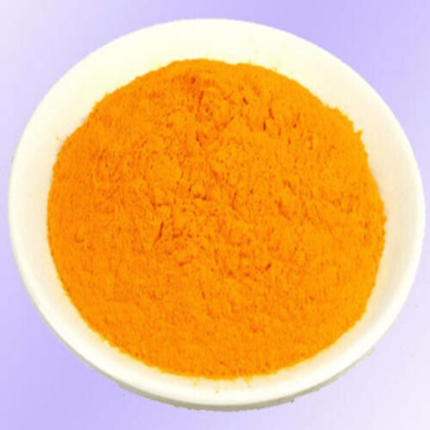
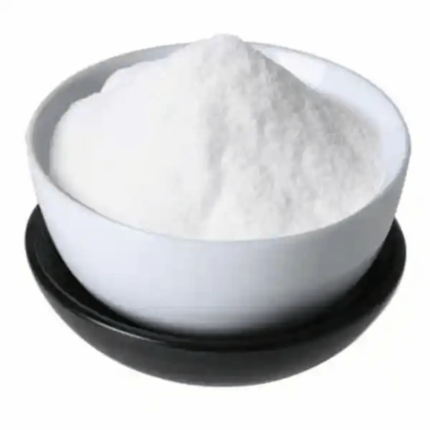


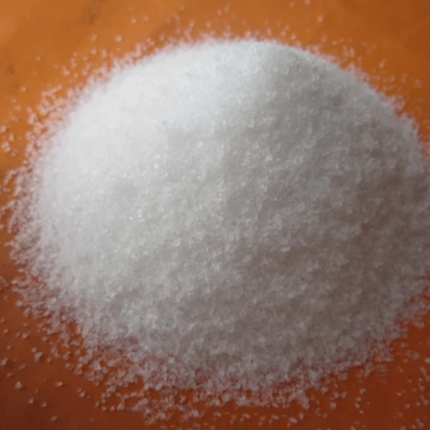
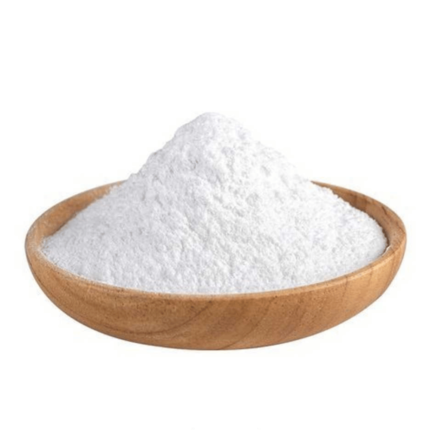
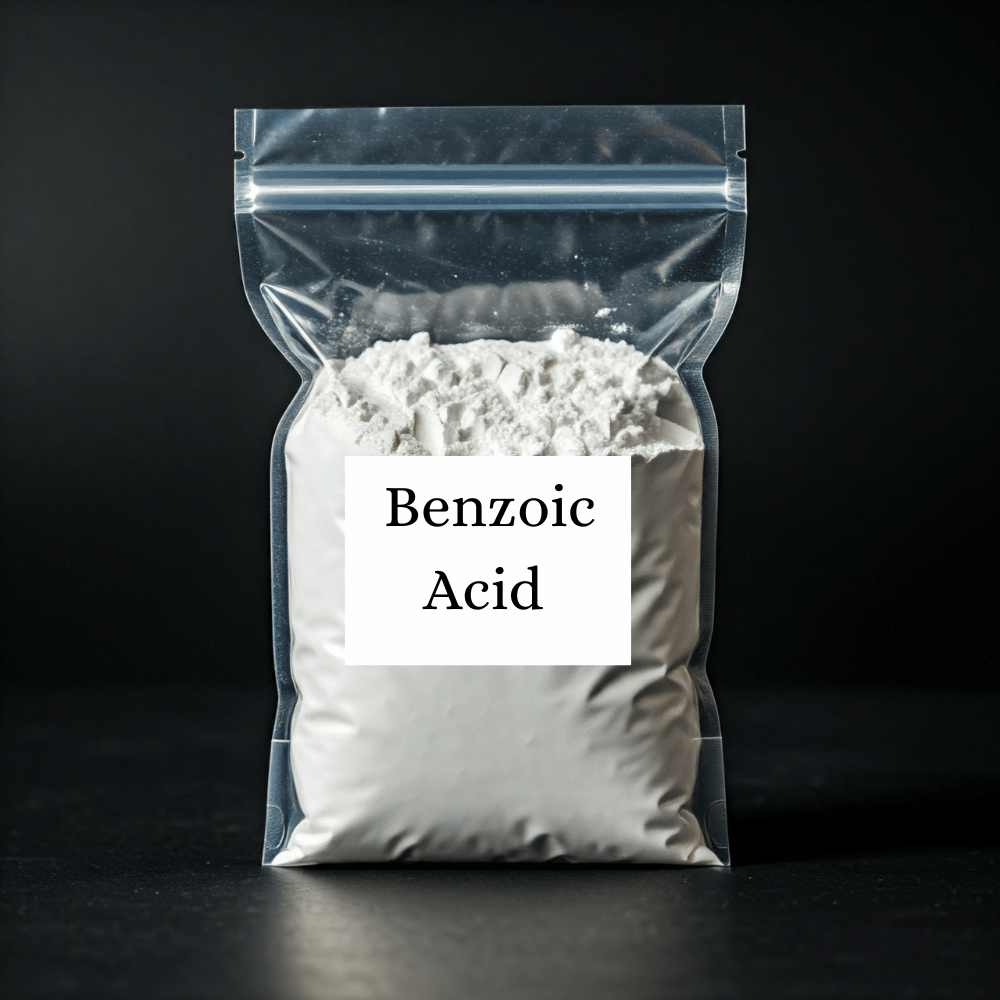



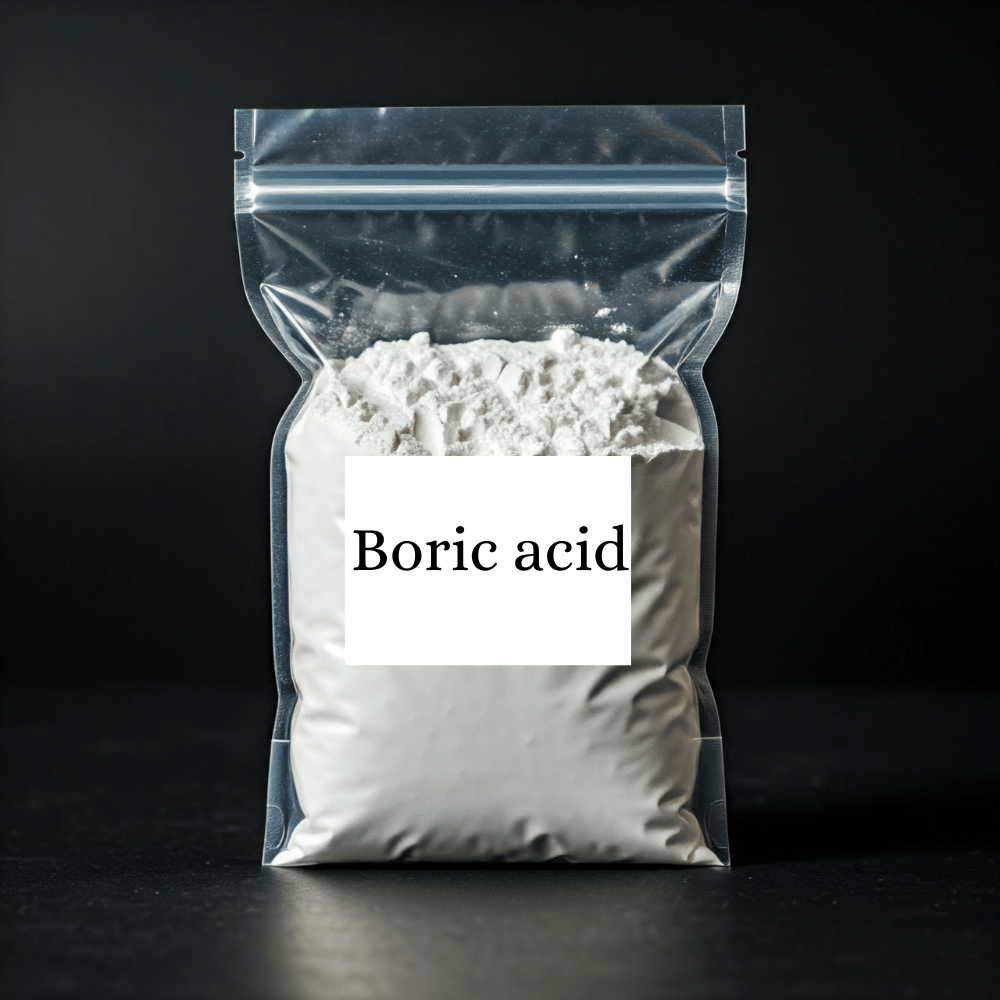
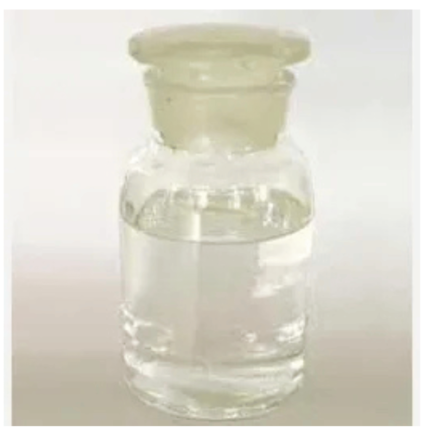
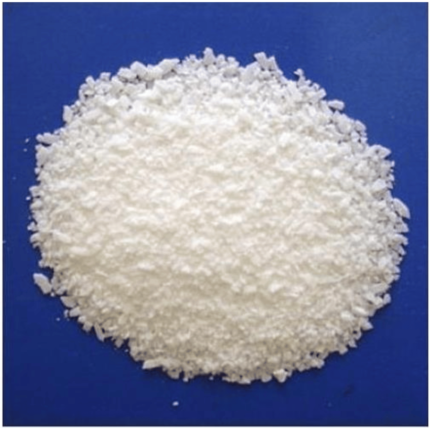
Reviews
There are no reviews yet.